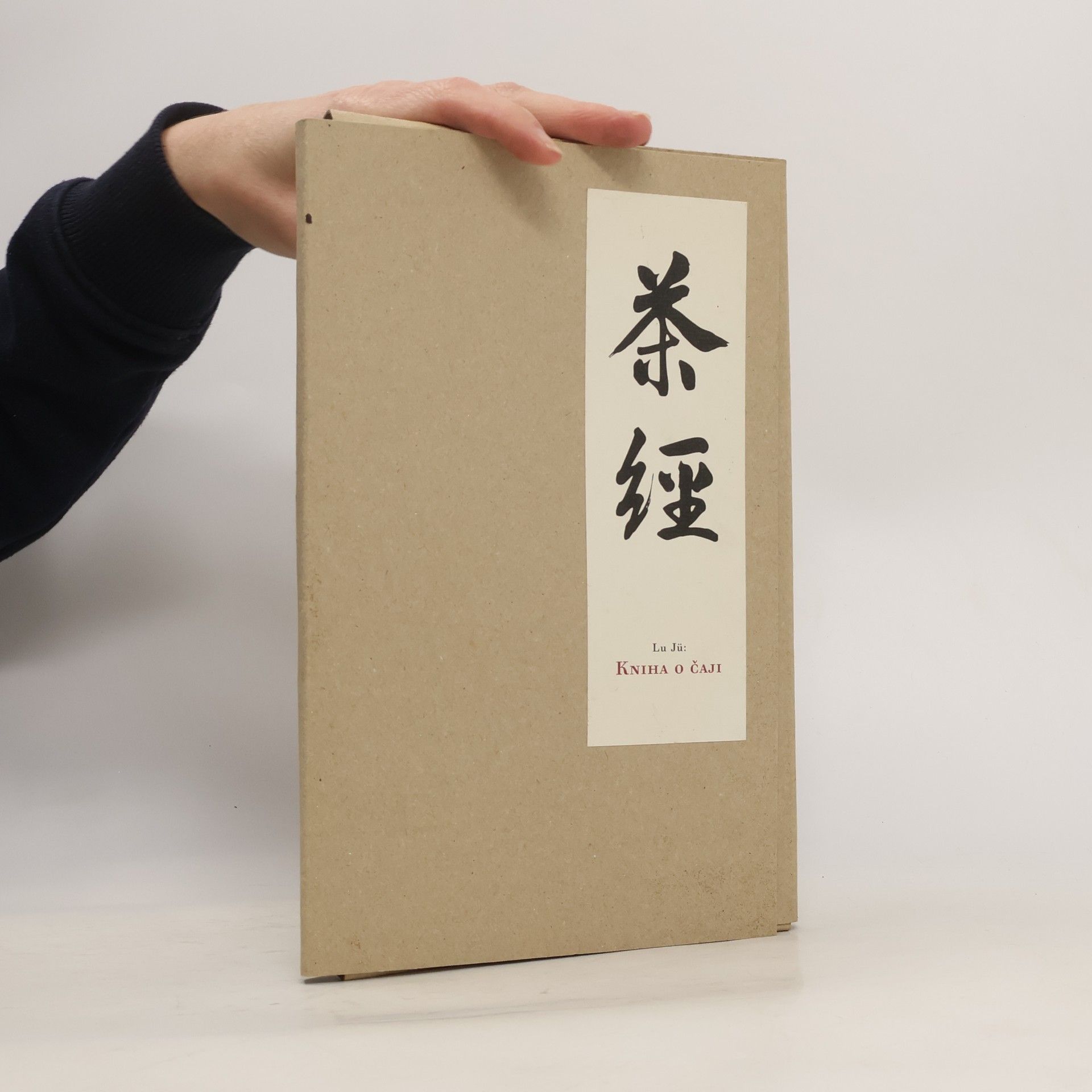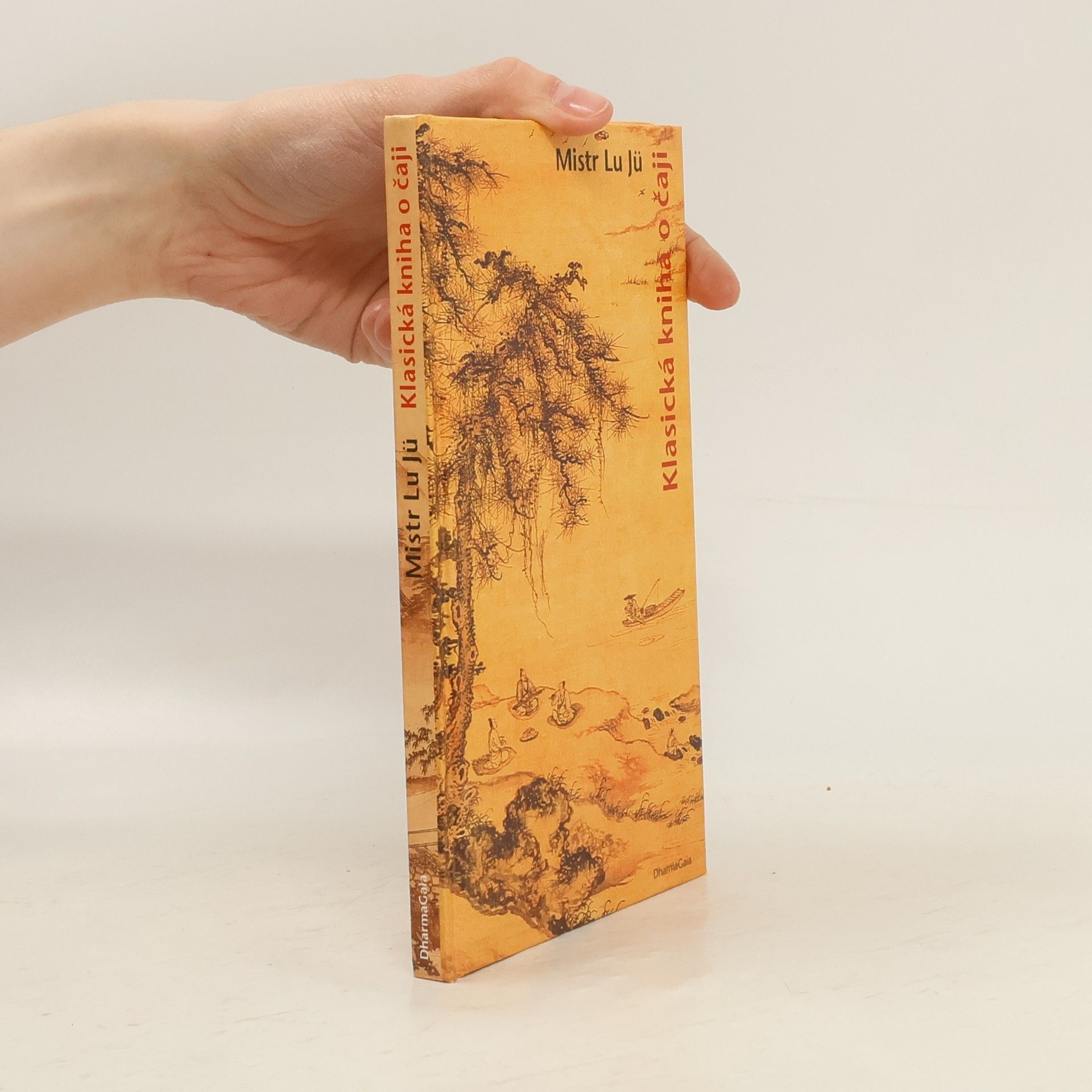Lu Yu Book order (chronological)
January 1, 0733 – January 1, 0804
Lu You was a prominent poet of China's Southern Song Dynasty. His work is characteristic of its era, reflecting the spirit and style of Chinese poetry. As a significant figure in the literary world, he left an indelible mark. His poems are still valued today for their poetic merit.


Pití čaje má v Číně tisíciletou tradici. Lu Jü (733-804), čínský literát a čajový mistr z období dynastie Tchang, ve své knize Čcha-ťing jako první shromáždil a utřídil všechny tehdejší znalosti o původu, pěstování, sběru, zpracování, přípravě i způsobech pití čaje. Jeho dílo tak sehrálo klíčovou úlohu při formování rafinované čajové kultury, která dnes oslovuje i nás, „západní barbary". Doplněno dobovým komentářem. Základní příručka pro všechny čajomily!